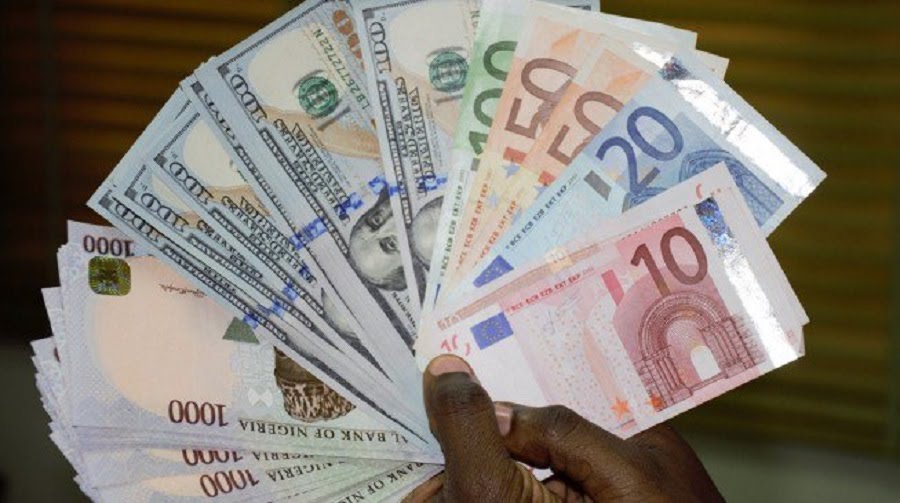Business News
Nigerian manufacturers confident of foreign exchange market stabilization
The Central Bank of Nigeria (CBN)’s decision to allow the Naira to float has given rise to confidence among the Manufacturers Association…

The Central Bank of Nigeria (CBN)’s decision to allow the Naira to float has given rise to confidence among the Manufacturers Association of Nigeria (MAN) that the crisis on the foreign exchange market will eventually abate.
The policy, which caused the Naira to devalue even further on the currency market, prompted a warning from Nigerian firms that it would increase the cost of importing raw materials and decrease import flows.
The group stated that currency rate volatility could result from flotation in a statement signed by its director-general, Mr. Segun Ajayi-Kadir, and noted that this would make it challenging for businesses to plan since it would make it difficult to foresee future exchange rate movements.
However, given that the official exchange rate was nearly equal to the rate established by the market, MAN insisted that floating the Naira remains a crucial step in resolving the foreign exchange market situation.
The group claims that the measure will boost market effectiveness and aid in restoring investors’ faith in the economy.
MAN said, “We would like to stress that foreign exchange scarcity has hindered the manufacturing sector. While getting the forex at the official rate has been quite difficult, members who struggle to get it through alternative means do so at an exorbitant and uncompetitive rate.
“Given a floating system, we are optimistic that the official and parallel market rates will eventually converge and will create headroom for investors to have access to forex at a competitive rate seamlessly.”
MAN noted that despite whatever positives may happen, erratic power supply and the high cost of alternative energy sources were seriously draining the sector.
“For example, the price of diesel persistently remains high, raising operational costs for manufacturers. Low patronage of made-in-Nigeria products and inconsistent government policies are also problematic for manufacturers.
“Also, poor infrastructure, multiple taxes, high logistics costs, and high cost of borrowing are not helping the situation. MAN is anxious to see the new administration effectively addressing these challenges to make the operating environment more conducive for the sector to be competitive,” it said.
More News On RNN
Remi Tinubu to Host Grand Farewell Dinner for Super Falcons Ahead of FIFA World Cup
CBN sets N15,000 daily limit on contactless payments in Nigeria
ICYMI: CBN Lifts Restrictions on Domiciliary Accounts, Allows Daily Withdrawals of Up to $10,000
